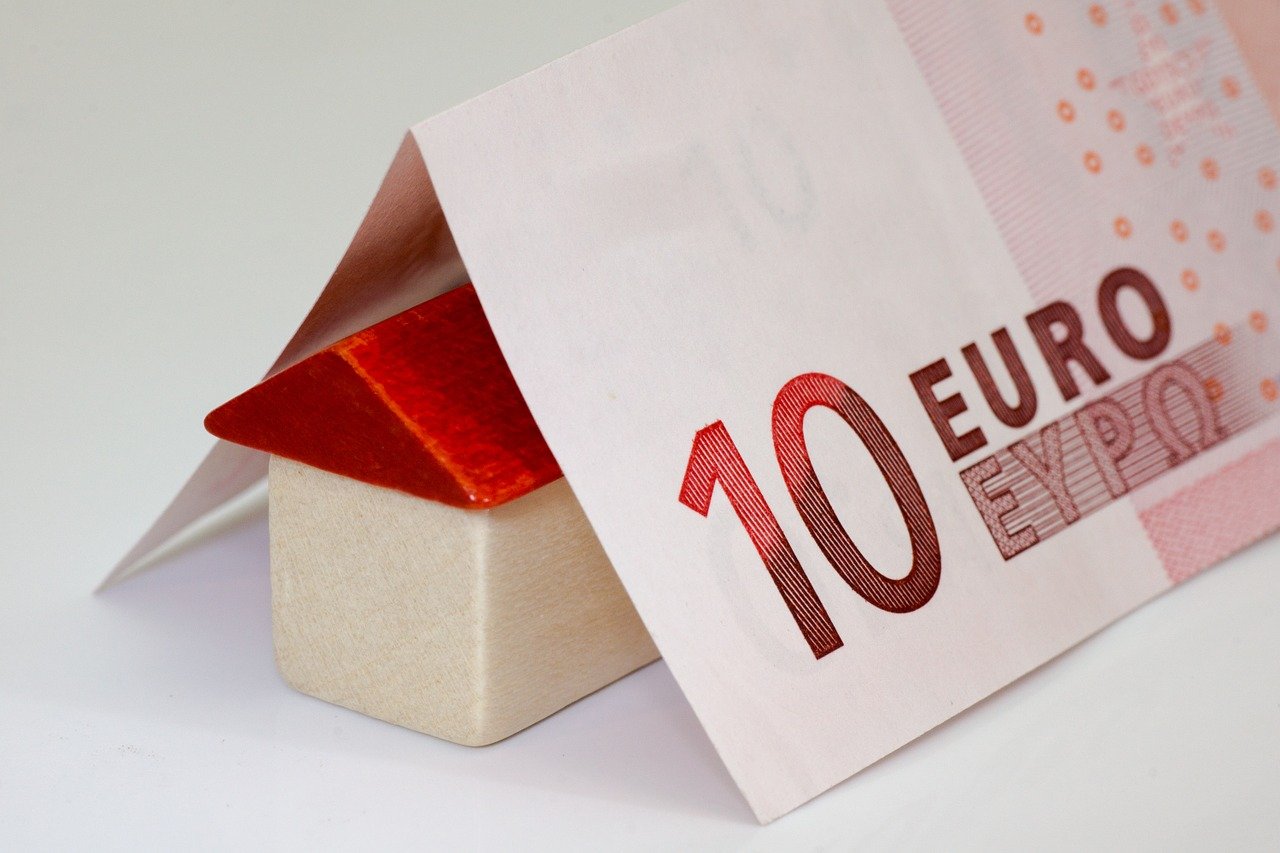Let’s get this out of the way: unless you’re buying and maintaining several rental properties at once, with dozens of tenants and few or no vacancies, rentals are not a great way to make money. You don’t buy a property just to rent it; you buy a property as an investment, and you rent it to earn income passively as the property ideally rises in value. To put it into perspective, your operating expenses as a landlord could be 80% of your income received through rent collection, or they could be 30%. Either number represents a net profit but not necessarily a livable, complete income. For the average investor, renting is not the endgame, but it’s still worth your time. However, investing in real estate comes with its own pitfalls unique from those faced by home buyers. Before taking the plunge into real estate investment and finding yourself on uneven footing, take a minute to go over these important points shared with us by the rental property experts at Utopia Management.
Down Payments on Investment Properties
Before anything else, you should beware of the upfront cost of a real estate investment. Compared to properties purchased with the intent to occupy, investment properties require a steep down payment. Don’t expect to pay any less than 20% for a home you plan on renting out, and forget about mortgage insurance — it’s not available to you in this scenario. Before beginning the strenuous process of purchasing a rental property, consider the real initial cost. If you have the means, you may want to purchase outright, but depending on what you expect to charge your tenants, financing may ultimately be the more profitable option.
Interest Rates
2020 displayed remarkably low-interest rates, making it rather affordable to borrow. While interest rates fluctuate just like markets and can sometimes be advantageous to borrowers when financing investment properties, you’ll still be subject to higher interest rates than those encountered by someone purchasing a property to use as their residence. Expect high-interest rates, and do what you can to negotiate lower monthly payments so as not to cut too hard into profits generated by renting.
Low Hanging Fruit
For your first real estate investment, aim low. You don’t want the priciest house on the block; you want a decent place in a neighborhood that shows potential for growth and value. The more expensive your initial purchase, the more expensive it will be to maintain going forward. Your first investment property should be a small home with manageable projected maintenance costs. Conversely, don’t even think of buying a dilapidated property for your first foray into real estate. While the price tag may be tempting enough to convince you you’re up to whatever major renovations await, resist the urge to bite off what you might not be able to chew. Start with low-hanging fruit — not rotten ones.
The Risks of Being a Landlord
Renting out an investment property may look like a legitimate passive income scheme to you, and for many, that’s a reality, but you should still take some time to acknowledge the risks involved. Your property could very well sit empty for months if the surrounding rental market becomes oversaturated or if you simply can’t find a suitable tenant who meets your employment, credit, and background standards. This is not an uncommon occurrence, and if it happens, it will cost you money. Make sure you’re able to absorb the cost of a vacant rental unit in such an event.
There’s also the possibility of bad tenants. Even applicants with sufficient provable income, good credit, and no criminal history may end up causing damage, missing payments, or otherwise displaying such belligerence that you seek an eviction; in that case, you’re in for a world of legal fees on top of whatever repair or renovation costs may be incurred.
Then, there’s the risk of your property decreasing in value. In today’s hyped up real estate market, devaluation isn’t a hot topic for entry level investors, but if you’re not smart about your investment, or just unlucky, you may see your property’s value drop. If you’re financing that property, beware of its value dropping below your outstanding mortgage balance and netting you negative equity. Using a Property Valuation Calculator on a regular basis can help keep track of changes in a property’s value. Compounded with normal operating costs and potential added costs of dealing with bad tenants, property devaluation will likely put you in an uncomfortable situation.
Landlord Insurance
Because of the aforementioned risks, landlord insurance is a must for anyone seeking to profit from renting out their investment property. Landlord insurance covers lost income from renting and the costs of property damage, as well as insulating you from liability in the event a tenant or guest injures themselves due to negligent property maintenance.
Hiring Property Management
If you’ve rented before, there’s a good chance you never met your landlord. In many cases, everything from tenant interviews, to leasing, to physical upkeep is handled by a property manager. That can be one person, but often it’s an entire firm with ample staff and diverse clients. While you might think of property managers as largely concerned with high-volume properties like apartment blocks, many owners of single investment properties find it within budget to hire a property manager. This is ideal for someone who works full-time, lacks the proper equipment for property maintenance, is not incredibly skilled in repair work, or just doesn’t want to deal with tenants directly.



 Bitcoin
Bitcoin  Ethereum
Ethereum  Tether
Tether  XRP
XRP  Solana
Solana  USDC
USDC  TRON
TRON  Lido Staked Ether
Lido Staked Ether  Cardano
Cardano  Avalanche
Avalanche  Toncoin
Toncoin